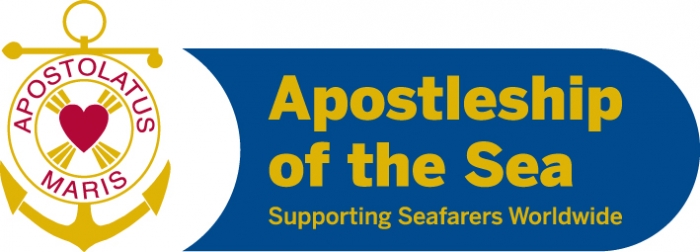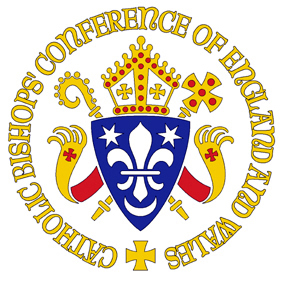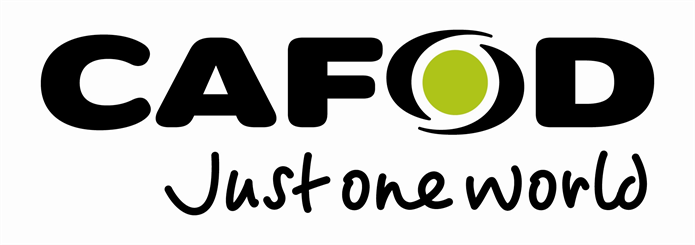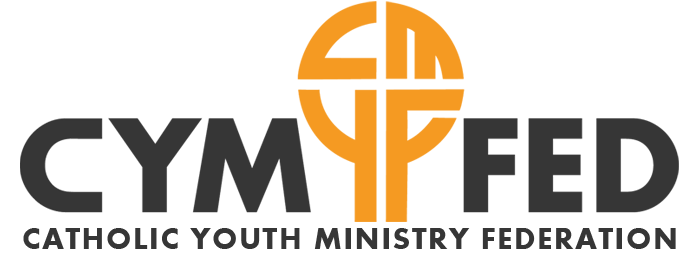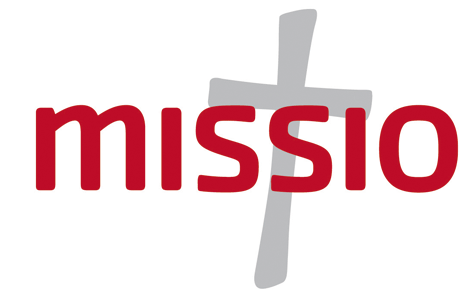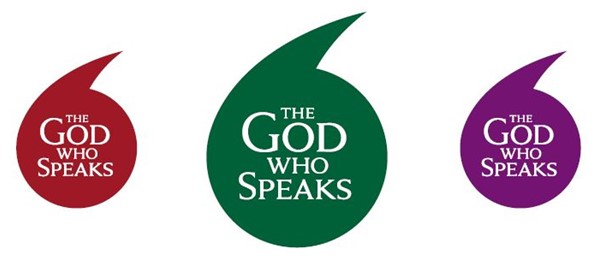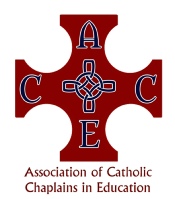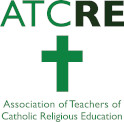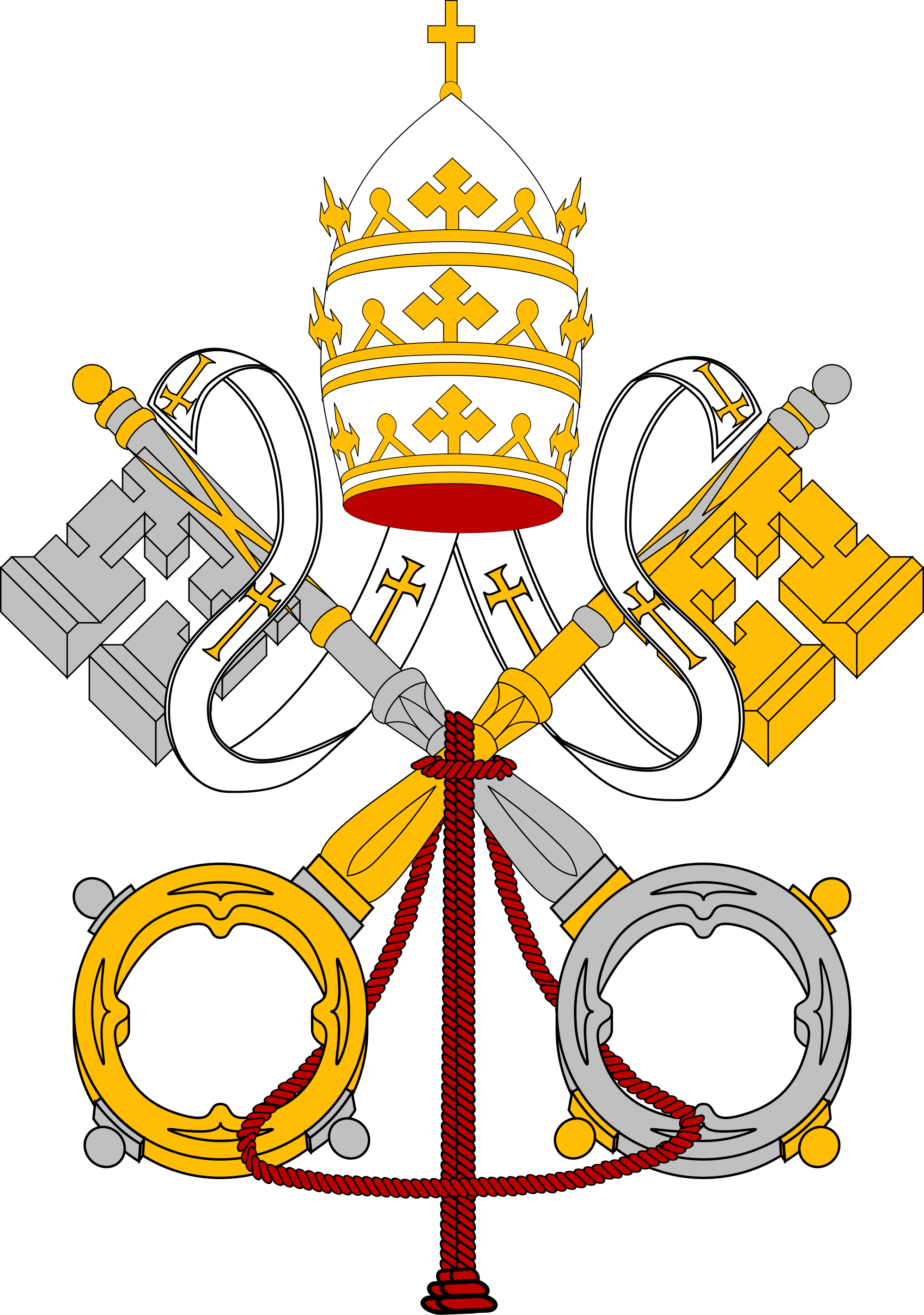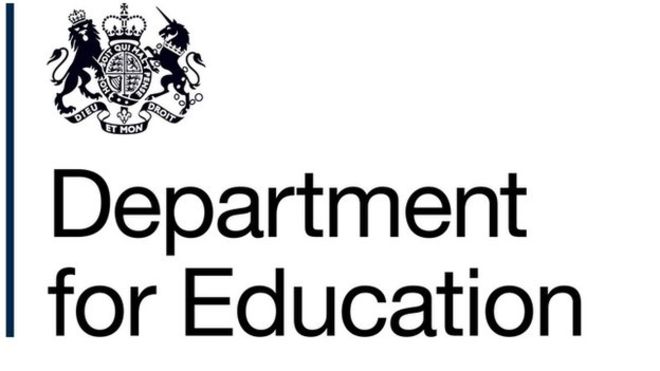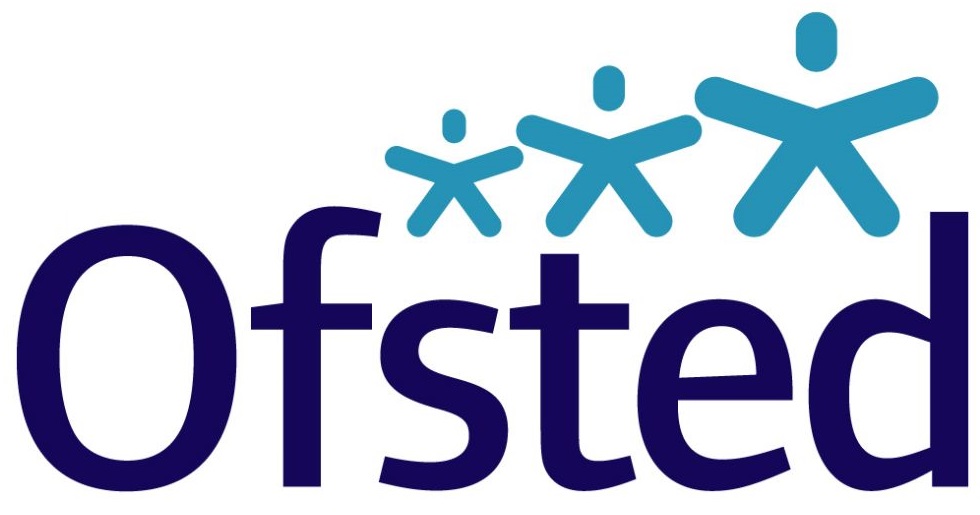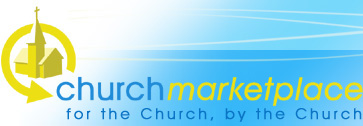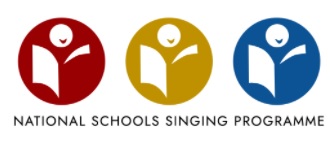St Benedict’s Catholic Primary Garforth receive a visit from Prime Minister
St Benedict’s Catholic Primary School in Garforth were very honoured to receive a visit from Theresa May, Prime Minister. The visit took place under high security in February as part of a school INSET day. The Prime Minister had a round the table discussion with senior leaders and teachers from the school. She was keen to understand the positives and challenges of the current primary education agenda. Staff took the opportunity to give examples of the challenges in the current system for all teachers as well as celebrate the strengths of St Benedict’s. The visit was a real recognition of the great community of St Benedict’s in its staff, governors, children, parents and the wider community.
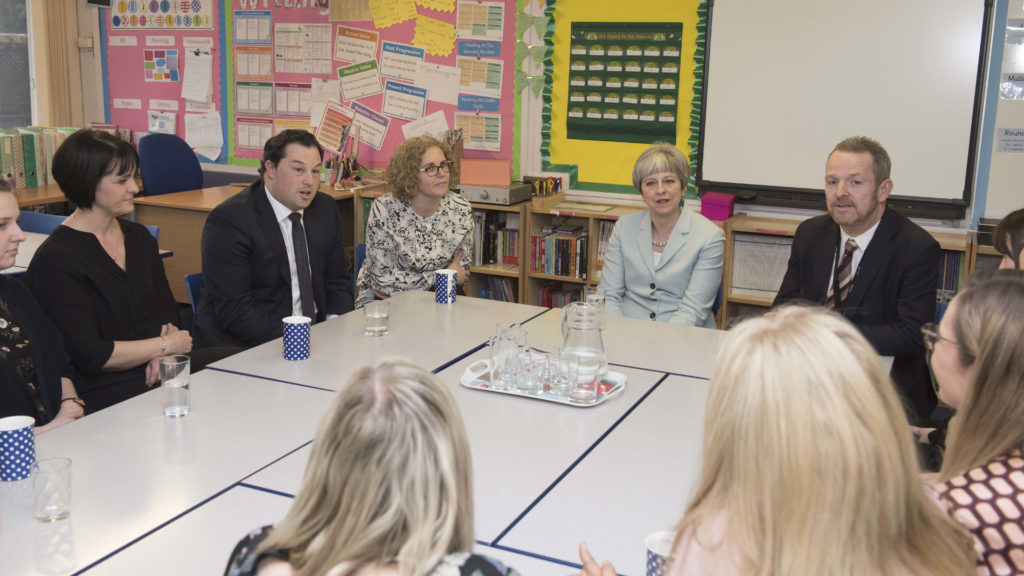
English and Welsh Bishops hold firm against admissions cap
In their November Plenary meeting, the Bishops of England and Wales reaffirmed their opposition to the 50% admissions cap.
Since 2010 the 50% cap has effectively banned the opening of any new Catholic Free Schools. This is because the Bishops couldn’t countenance the opening of Catholic school which turned away Catholic children because they were Catholic.
Their full resolution read:
Further to its resolution of November 2013, the Bishops’ Conference of England and Wales reiterates its position that the imposition of the 50% cap on the control of admissions is not a secure basis for the provision of Catholic education in England.
The provision of education is fundamental to the mission of the Church in England and Wales and, in line with their canonical responsibilities, Bishops will continue to strive to provide a Catholic school place for every Catholic child in their respective dioceses.
Prior to the June 2017 General Election, the Bishops’ Conference welcomed the Government’s commitment to remove the 50% admissions cap as set out in the Conservative Party manifesto.
The principle of parental choice is fundamental to both Catholic education and the current educational policy in England and Wales, and for more than 150 years Catholic parents have had the opportunity to choose a Catholic education for their children.
Therefor the Bishops’ Conference welcomes the supportive comments made by the Prime Minister and the Secretary of State for Education about Catholic schools and their acknowledgement that the admissions cap is an issue which actively targets the Catholic community, as Catholic parents are the principle religious minority adversely affected by the admissions cap.
We therefore call on the Government to honour its Manifesto commitment.
The Bishops are now urging Catholics to write to the Secretary of State for Education urging her to keep the Government’s manifesto commitment.
You can write to the Secretary of State by clicking on this link: http://catholicnews.org.uk/education-cap
Chaplaincy Documents
Available to download below is a series of documents for Schools Chaplains. These include the CES national standards as well as chaplaincy job descriptions for both primary and secondary phases.
CES National Standards for School Chaplains
CES School Chaplain Job Description Secondary
CES School Chaplain Job Description Primary
Sixth Form Colleges
There are 14 Catholic sixth form colleges across England and Wales, all of which deliver further education. More information about them may be found in our schools' directory. Many Catholic secondary schools also have sixth forms.
These Catholic sixth form colleges are collectively known as ACVIC (Association of Catholic Sixth Form Colleges). They are listed below:
Catholic Universities
There are four Catholic universities:
- Leeds Trinity University
- Liverpool Hope University
- Newman University
- St Mary's University Twickenham
Ecclesiastical Faculties
The Ecclesiastical Faculties of Philosophy and Theology, formerly at Heythrop College, were transferred to St Mary’s University in 2019:
The Cathedrals Group
The Cathedrals Group (also know as The Council of Church Universities and Colleges (CCUC)) is an association of sixteen universities and university colleges with Church foundations.
Members share a common faith heritage and a strong commitment to values such as social justice, respect for the individual and promoting the public good through their work with communities and charities.
The CES is a partner of the Cathedrals Group. You can find out more about its work on its website: http://www.cathedralsgroup.ac.uk/
Institutions in membership of the Cathedrals Group which have Catholic connections are Leeds Trinity University, Liverpool Hope University, Newman University, St Mary's University Twickenham and the University of Roehampton.
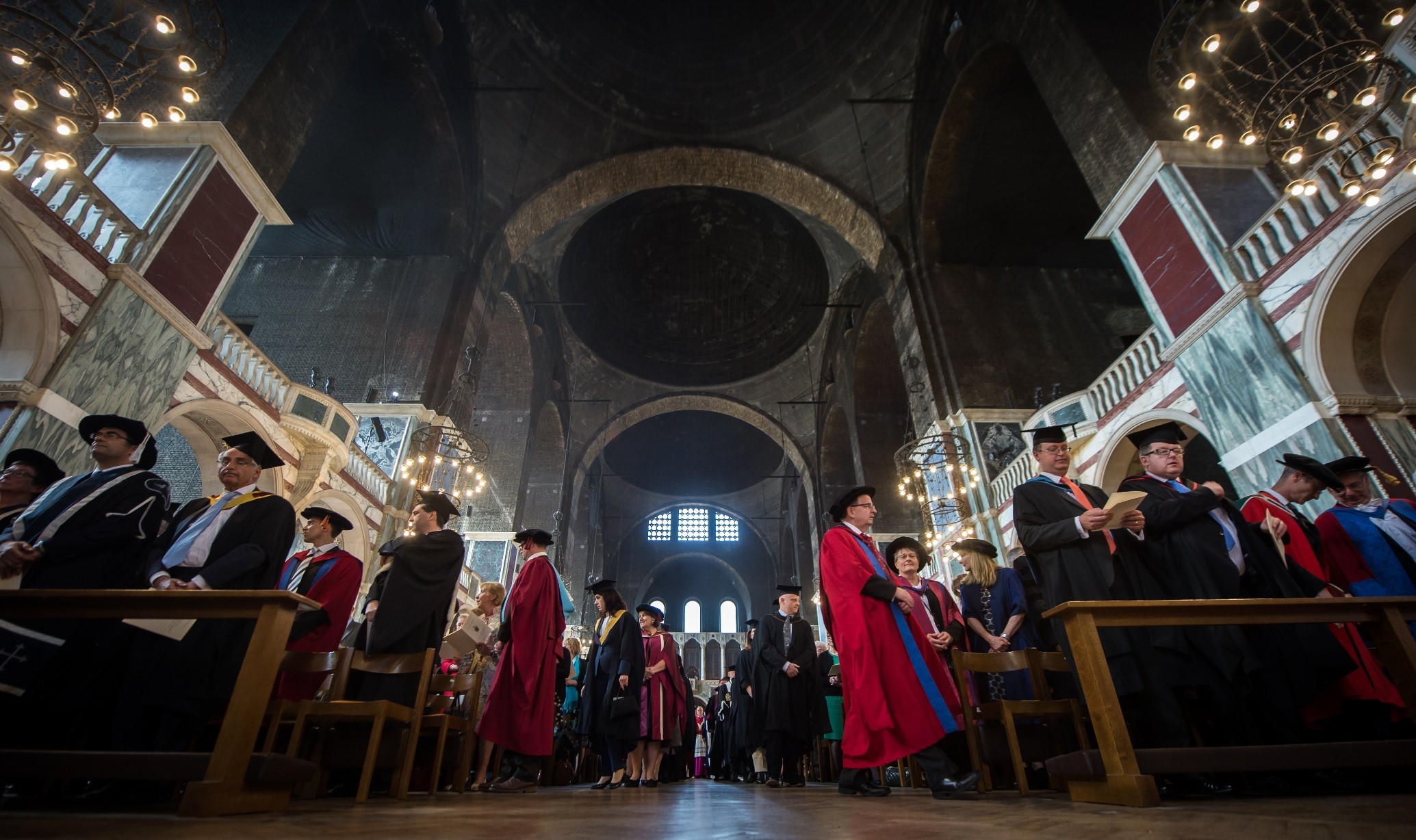
Institutes of Higher Studies
There are a number of higher education institutes and study centres which have Catholic connections. These are listed below, with links to their websites.
- Blackfriars Studium, Oxford
- Campion Hall, Oxford
- Centre for Catholic Studies, Durham University
- Margaret Beaufort Institute of Theology, Cambridge
- Maryvale Institute, Birmingham
- Von Hugel Institute St Edmund's College, Cambridge
Catholic education in Wales
The Catholic Church in Wales
The Catholic Church in Wales is divided into three dioceses; the Diocese of Wrexham, the Diocese of Menevia and the Archdiocese of Cardiff. Together they are referred to as the Catholic Provence of Cardiff and have an estimated Catholic population of 208,146.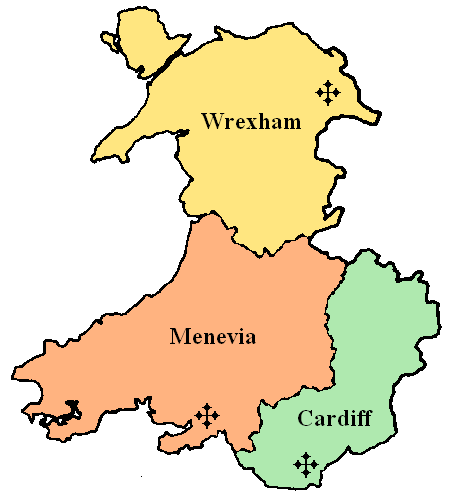
The Diocese of Wrexham consists of the 6 Counties of North Wales and the district of Montgomery in the County of Powys in Mid-Wales. It has a Catholic population of 37,050.
The Diocese of Menevia covers Swansea, Carmarthen, Llandrindod wells, Haverfordwest and Port Talbot. It has a Catholic population of over 27,096
The Archdiocese of Cardiff has eight deaneries covering Cardiff, the Welsh valleys, Bridgend, Hereford, Newport, North Gwent and Pontypridd. It has a Catholic population of over 144,000.
Catholic schools in Wales
The Catholic Church is one of the oldest providers of education in Wales. Together with the Church in Wales, they are the only providers of denominational education in the country.
There are 82 state-maintained Catholic schools in Wales (all Voluntary Aided) educating more than 28,000 pupils and employing over 1,600 members of staff.
This includes 68 Catholic primary schools, 14 Catholic secondary schools, and a Catholic sixth form college.
Welsh Catholic schools are some of the most ethnically and religiously diverse in the country - just under half of pupils in Welsh Catholic schools are not Catholic.
Catholic schools remain extremely popular with parents of all faiths and none and therefore expand parental choice in education for Welsh families.
Click the links to find out more about Religious Education, Relationship and Sex Education, and Collective Worship in Welsh Catholic schools
Latest News from Welsh Catholic Schools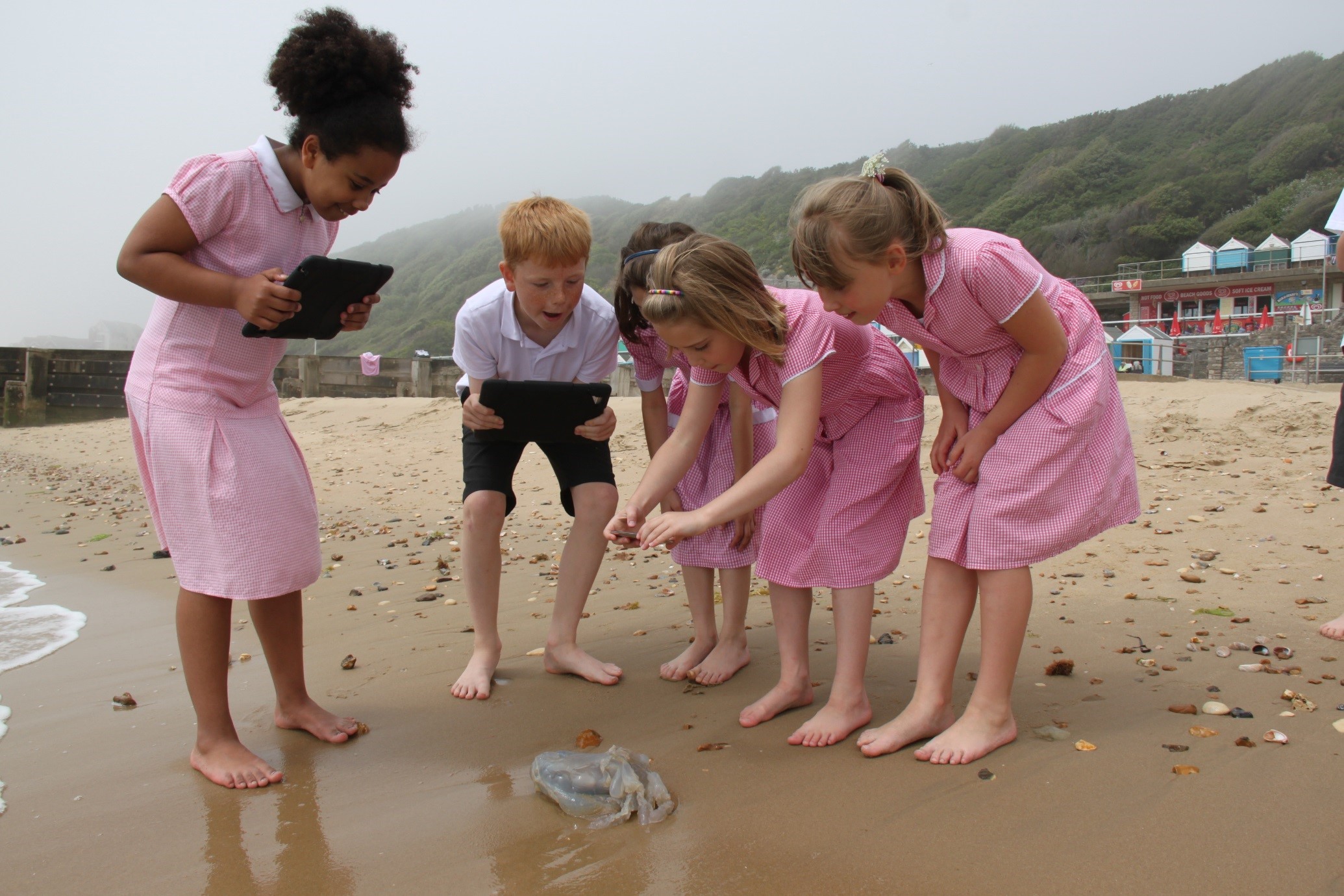
Welsh Government risks ‘losing the trust of the Catholic community’, CES tells Senedd
Welsh Catholic school heads unite to oppose RE changes
Message from the Rt Rev Marcus Stock, Bishop of Leeds and Chairman of the Catholic Education Service
Catholic Education Service Criticises Welsh Government RSE Announcement
Campaigns
Stop the Welsh Government revoking parents' rights as the primary educators of their children: it is important that sensitive subjects like Relationship and Sex Education and Religious Education are taught in accordance with parents' views. Removing the rights of parents' to withdraw their children from these subjects will undermine their role as parents.
Welsh language strategy
As part of our ongoing commitment to promoting the Welsh langugage and Welsh Catholic heritage within the education sector, the CES has created a Welsh language strategy.
St Richard Gwyn
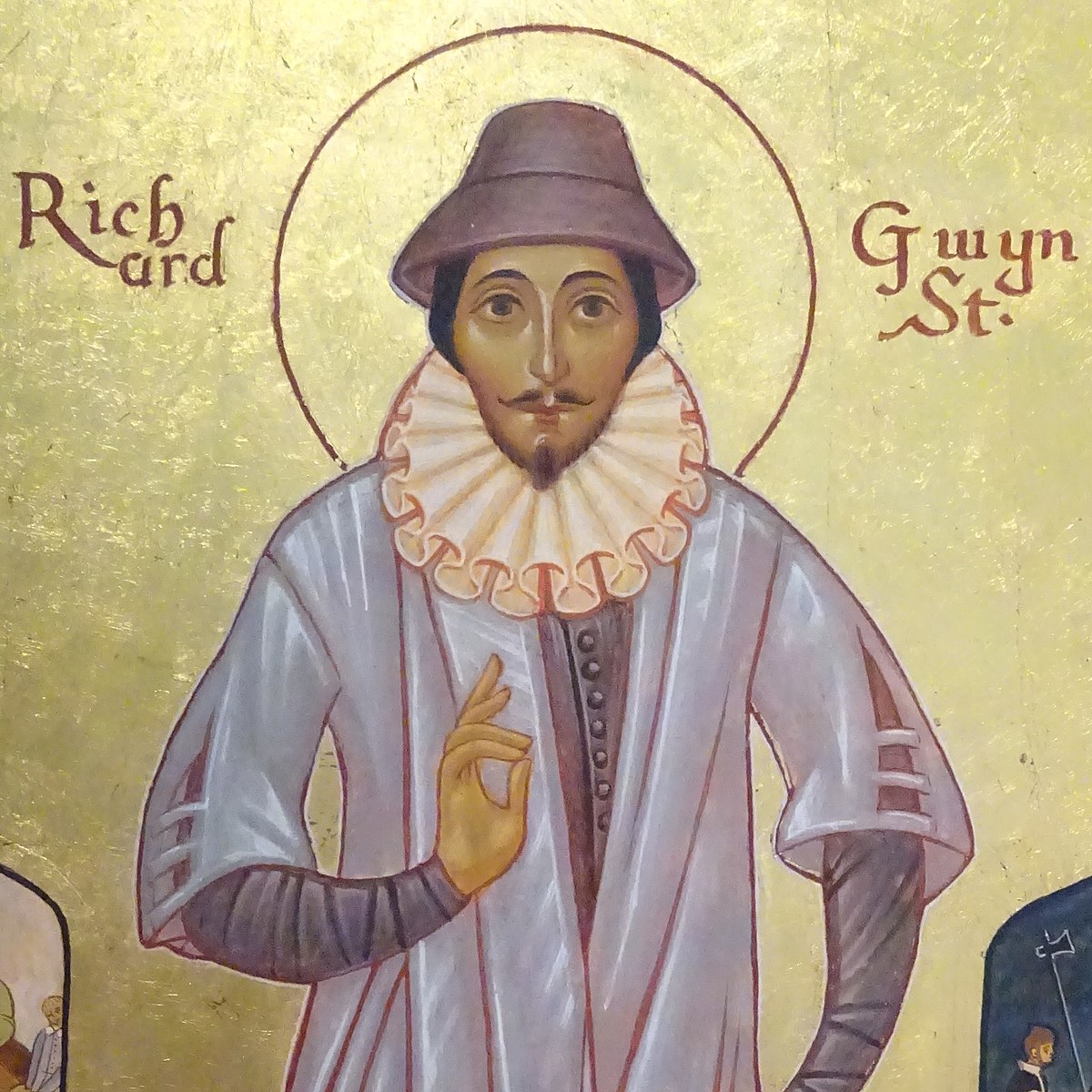 St Richard Gwyn was one of the 40 Martyrs of England and Wales. Born in Montgomeryshire, he was a schoolteacher in Wrexham and is also believed to be one of a handful of Martyrs who was a fluent Welsh speaker. He is the Patron Saint of teachers in Wales
St Richard Gwyn was one of the 40 Martyrs of England and Wales. Born in Montgomeryshire, he was a schoolteacher in Wrexham and is also believed to be one of a handful of Martyrs who was a fluent Welsh speaker. He is the Patron Saint of teachers in Wales
His feast day is 16 October and is an occasion where Catholic schools across Wales celebrate their members of staff.
Entries for Religious Studies A level remain high with the fastest growth among arts, humanities and social sciences
The key outcomes of the 2017 A level results in England and Wales for Religious Education are as follows:
- 23,856 RS A level entries were recorded, a small decrease of 4.0% on 2016. Much of this decrease is explained by a decrease in the number of 18-year-olds in England, Wales, and Northern Ireland of 1.7%
- Despite the decrease in entries for RS, there are still more than double the number in 2003 (11,132 entries were recorded in 2003)
- The increase of 114% in the number of entries for RS A level since 2003 is greater than for any arts, humanity or social science subject (the nearest subject is Political Studies with an increase of 90%). Among all subjects, only Further Maths has seen more rapid growth than RS
- 23.3% of entries for RS A level were awarded an A or an A*
- There were 16,308 entries for RS at AS level, a decrease of 54% on 2016; this reflects the decline across all subjects where the number of AS entries fell by 40% across England and Wales. Despite the drop there are still more entries than in 2003 (15,482 entries were recorded in 2003)
The importance of RS A Level as a subject for Higher Education entry and for graduate recruiters is increasingly recognised by independent bodies. The Russell Group of top universities has made it clear that RS A level provides ‘suitable preparation for University generally’, and both Oxford and Cambridge University include Religious Studies in the top level list of ‘generally suitable Arts A levels’.
In fact, almost 21% of students admitted to Oxford University to study English and 13.5% admitted to study History in 2015 had an RS A level, more than those with Economics, Physics and Business Studies A levels.1
Employers are also recognising the value of religious literacy. For example, in February 2017, EY announced the creation of Religious Literacy for Organisations (RLO), a diversity and inclusion training programme designed to help organisations better understand religious inclusion and its positive impact on business process and performance.
Career prospects for those that take Religious Studies/Theology at degree level are also very bright, with 25% of 2015 graduates going on to work in the fields of legal, social and welfare, 11% choosing to become educational professionals and almost 5% managers.2
The high number of pupils taking A level and AS level Religious Studies is all the more impressive for coming at a time when there is a shortfall in recruitment for teacher training in Religious Education. Evidence collected by the National Association of Teachers of RE (NATRE) suggests that headteachers are finding it increasingly difficult to recruit RE specialists.
Comment from Daniel Hugill, Chair, National Association of Teachers of RE (NATRE)
"Congratulations to the many students receiving their Religious Studies results today. Their results are the product of their hard work grappling with some of the most difficult questions to ever puzzle humankind. Congratulations to their teachers too who have worked tirelessly to ensure that their students can reach their full potential. It is of little surprise to those of us who teach RS that it remains so popular amongst young people. RS A-level is an excellent preparation for both further study and for entering the world of work. RS is a subject that helps young people gain access to a wide range of degree courses including those at the most prestigious Universities. Our most recent Freedom of Information request found that more than 1 in 10 students admitted to Oxford’s Philosophy, Politics, and Economics (PPE) and History courses had studied RS A-Level. This statistic increases to more than 1 in 5 for students admitted to study English. The subject matter and approach of an RS A-level helps to equip students with the skills, knowledge, and attitudes necessary to succeed in modern Britain.”
Comment from Rudolf Eliott Lockhart, Chief Executive, Religious Education Council of England and Wales (REC):
"It’s fantastic to see how popular Religious Studies A level remains. This is a highly rated subject that offers pupils the opportunity to explore crucial questions in relation to beliefs, values and morality. In doing so it provides an excellent preparation for living in a multi-faith, multi-cultural world. What’s more, Religious Studies is a rigorous, academic A-level that provides an excellent foundation for further study in a wide range of academic subjects, and remains a very attractive qualification to universities. These results are really encouraging, but there’s still work to do. I hope that the Government will want to work with us to turn enough of today’s keen A level pupils into tomorrow’s teachers to help meet the shortfall in appropriately qualified teachers of religious education that we currently face.”
Numbers of A level entries in arts, humanities and social sciences in England and Wales by selected subject area, 2003 to 2017
|
A level subject area |
2003 |
2005 |
2007 |
2009 |
2011 |
2013 |
2015 |
2016 |
2017 |
% change 2003 to 2017 |
|
Religious studies |
11,132 |
14,929 |
16,841 |
18,899 |
19,952 |
20,851 |
23,372 |
24,849 |
23,856 |
114% |
|
Political studies |
8,683 |
10,008 |
11,088 |
12,277 |
13,715 |
14,302 |
14,087 |
14,462 |
16,467 |
90% |
|
Economics |
17,153 |
17,087 |
17,016 |
20,546 |
23,476 |
25,755 |
27,202 |
28,827 |
29,557 |
72% |
|
Sociology |
23,498 |
25,709 |
26,663 |
28,472 |
29,703 |
29,681 |
31,378 |
32,968 |
33,625 |
43% |
|
History |
40,089 |
42,735 |
44,035 |
46,617 |
48,590 |
49,786 |
53,548 |
51,974 |
47,877 |
19% |
|
Law |
12,350 |
14,510 |
15,487 |
16,276 |
14,351 |
12,484 |
10,701 |
11,209 |
11,487 |
-7% |
|
Geography |
33,467 |
30,552 |
29,538 |
30,226 |
29,348 |
30,871 |
35,221 |
34,180 |
35,820 |
7% |
|
ALL SUBJECTS |
721,887 |
752,602 |
774,842 |
815,603 |
834,735 |
817,916 |
818,359 |
799,524 |
792,527 |
10% |
Notes: GCE A level results of A level candidates in England and Wales.
Source: Joint Council for Qualifications (JCQ)



